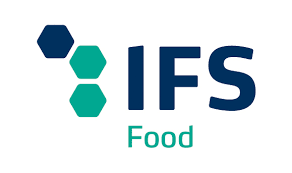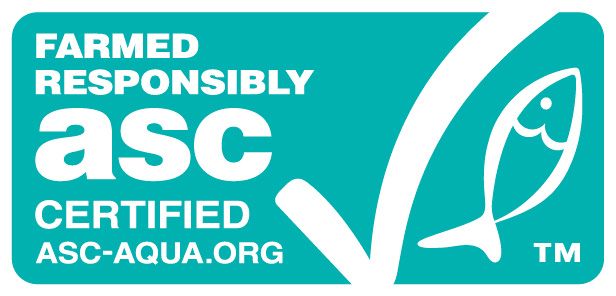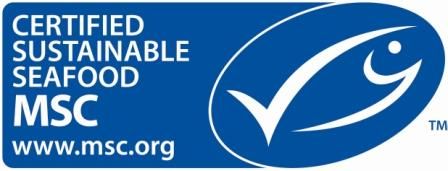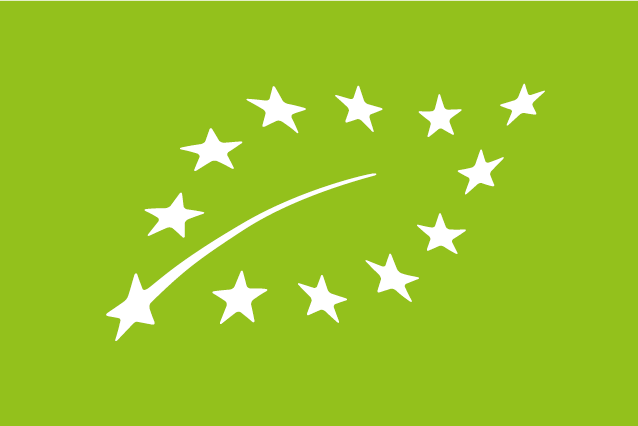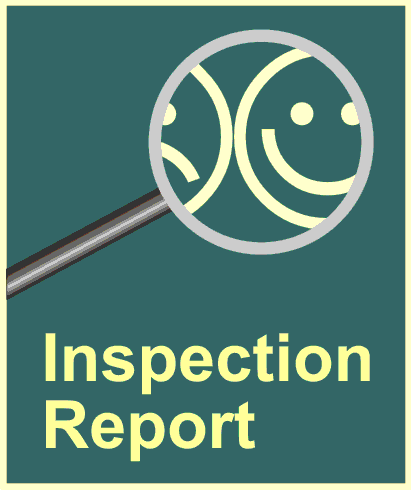Quality Control
We work according to the HACCP principles and we are constantly trying to monitor the production. This ensures a critical evaluation of the system’s suitability, completeness and efficiency and identifies any changes needed.
Through our IFS Certification (International Food Standard) we are ensured that we meet the requirements prescribed by the IFS. This helps to ensure that consumers receive products of the highest standard
Our quality manual ensures that employees always know about processes that need to be made. But, more importantly, how they should be implemented so that we can ensure optimal food safety.
The legislation concerning food changes from time to time. Therefore the management annually examines processes and adjust according to the rules. The management’s annual verification and the results lead to a comprehensive improvement of efficiency and resource needs and revision of policies and goals.
We test each production thoroughly and samples are extracted for a visuel test concerning taste, aroma and texture. In addition we test our products in an oven at 37 C° to ensure that there is no gas formation during the process. Our products are tested min. once a year by an outside research firm who tests the products’ microbiological and nutritional content.
We are in regular contact with our suppliers to ensure that our raw materials and ingredients meet our standards. We compile supplier reports on all our suppliers. When needed we evaluate if our suppliers meet our requirements.
Quality IFS
The demand for food safety grows. Consumers and authorities increasingly demand that the food we all eat must be of high quality and high safety. If problems occur the error source is quickly found and repaired. The requirements are initially aimed primarily at retail, but from there they spread throughout the food chain to food processing industry, primary producers and transporters.
What is the International Food Standard (IFS)?
IFS Food is a standard for auditing of establishments processing food or food packages in bulk. IFS Food can only be used where the product is “processed or handled,” or if there is a risk of product contamination during the first pack. IFS was launched to enhance food safety. Regular audits ensure retailers and ultimately the customer that the facilities, rules of hygiene, education and training meet the established requirements for HACCP.
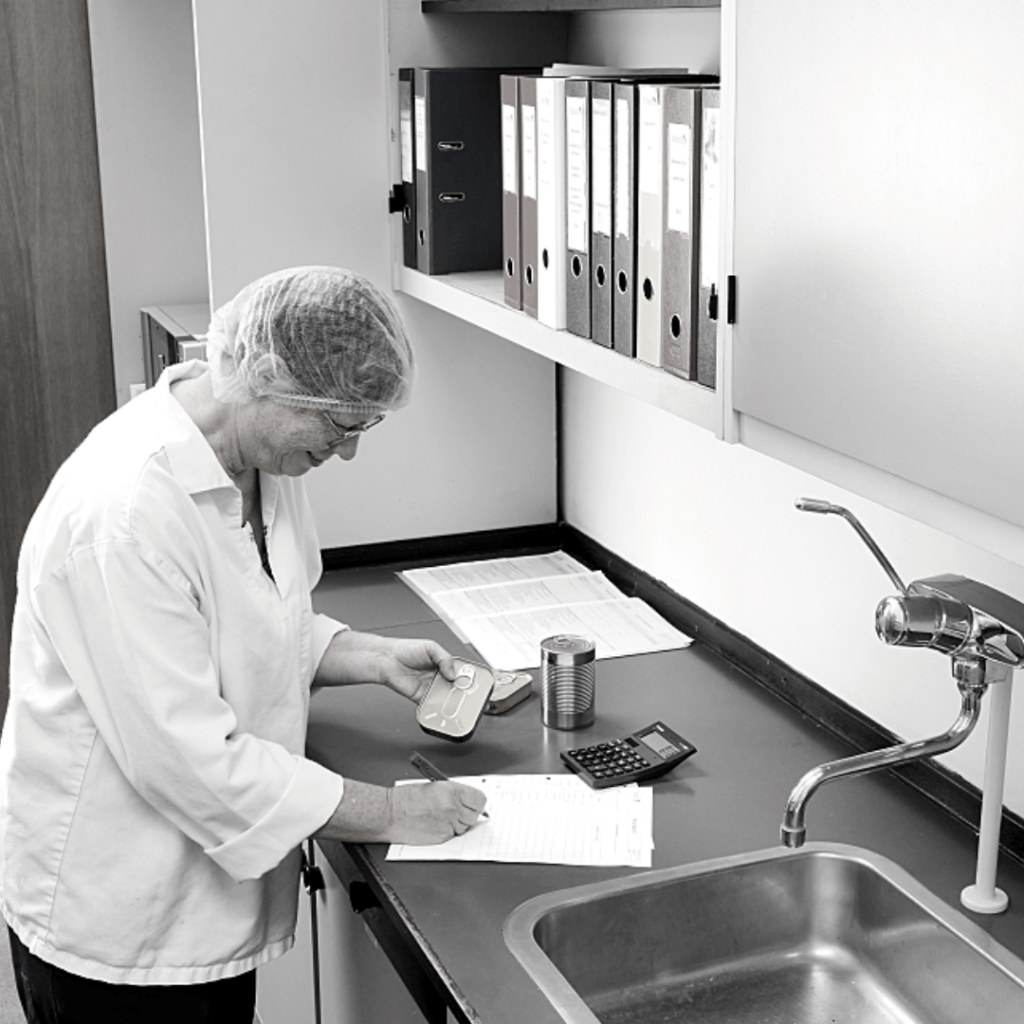

Sustainability
At Munkebo Seafood we believe in the value of preserving and take responsibility
as much as we can for the environment.
We are MSC and ASC certified, and support their work to ensure sustainable fishing.
We do our best to support the preservation of fishing stock worldwide.
We think that the aluminum can is an excellent packaging material, as it does not degrade
in the recycling process and so it can be recycled many times.
We also use carton/paper packaging and we support the use FSC or recycled carton to preserve forests.
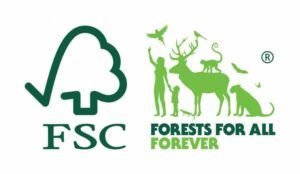
MSC/ASC
What is ASC?
The ASC (Aquaculture Stewardship Council) certification, established by WWF and the Dutch Sustainable Trade Initiative, serves as a valuable indicator, providing consumers with security and confidence.
Through ASC certification, aquaculture companies commit to ASC’s standards, which guarantee that fish are farmed responsibly and sustainably. This includes commitments to protecting the aquatic environment and reducing the use of chemicals and antibiotics. Remember, you can also learn much more about the purpose and people behind ASC on the ASC’s official website.
Social responsibility is also a cornerstone of ASC certification. With the ASC label, consumers are guaranteed that the fish are farmed in a safe facility with fair wages and proper working conditions for employees.
ASC certification has gained prominence in the European context. Recent studies show that consumers in countries such as Germany, France, and the Netherlands are highly conscious of buying certified fish.
What is MSC?
MSC (Marine Stewardship Council) is an international organization that aims to reverse the decline of fish stocks, ensure livelihoods, and deliver improvements in fisheries conservation worldwide.
The MSC eco-label can only be used on products where the fish come from MSC-certified fisheries. Companies can use the MSC eco-label if, through independent verification, they can document that the products come from certified fisheries. Certification according to the MSC Chain of Custody standard provides such verification. This gives consumers confidence that the fish they purchase can be traced back to fisheries meeting the MSC environmental standard for sustainable fishing.
All companies in the supply chain – from boat to plate – must be MSC Chain of Custody certified before the MSC eco-label can be used. This way, each link is checked to ensure that the MSC label is only used on products coming from MSC-certified fisheries. Chain of Custody also helps keep illegally caught fish out of the supply chain. Illegal fishing is a serious problem that destroys the marine environment, livelihoods, and the fishing industry worldwide.
